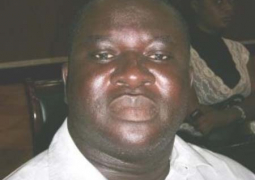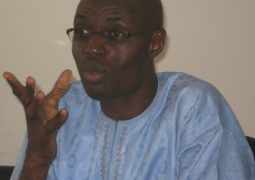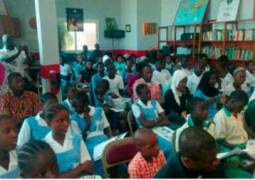The African Charter on Human and Peoples’ Rights (also known as the Banjul Charter) is an international human rights instrument that is intended to promote and protect human rights and basic freedoms in the African continent.
It was developed under the aegis of the Organisation of African Unity, now African Union, which at its 1979 Assembly of Heads of State and Government, adopted a resolution calling for the creation of a committee of experts to draft a continent-wide human rights instrument, similar to those that already existed in Europe and America.
The committee produced a draft that was unanimously approved at the OAU’s 1981 Assembly.
Today, the question that many people are asking is that, 33 years on, what has the continent achieved in terms of human rights?
The answer is simple, that is, very limited improvements have been made in most countries.
Citizens of this great continent are being subjected to all forms of human rights violations, and impunity is rampant in many countries.
Disappearances, unknown killings, torture, unlawful detention, discrimination, etc are the order of the day in many African countries. All these are against the wisdom of the Banjul Charter.
Human rights defenders are also seen as ‘trouble makers’, instead of partners in development.
Freedom of assembly, speech and expression are all far-fetched dreams for citizens of many African countries.
In such countries, citizens are not allowed to express themselves, and are forced to say “yes” to things, against their wish.
African governments should endeavour to do more in improving their human rights records, and stop engaging in sweet talk.
Human rights are not something new to Africans and should, therefore, not be seen as a Western ideology, since all human beings irrespective of colour are born free and equal.
‘‘To deny people their human rights is to challenge their very humanity.’’
Nelson Mandela




